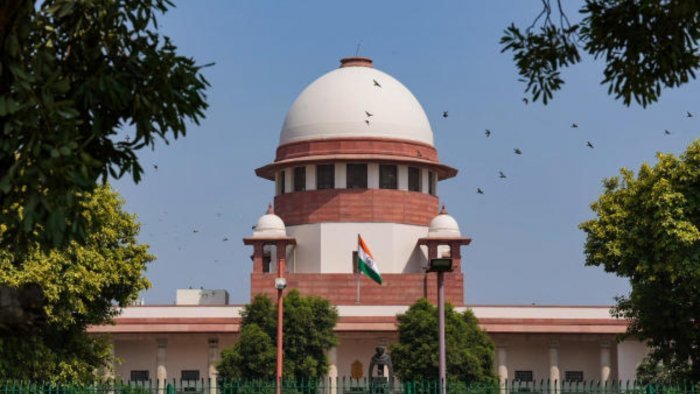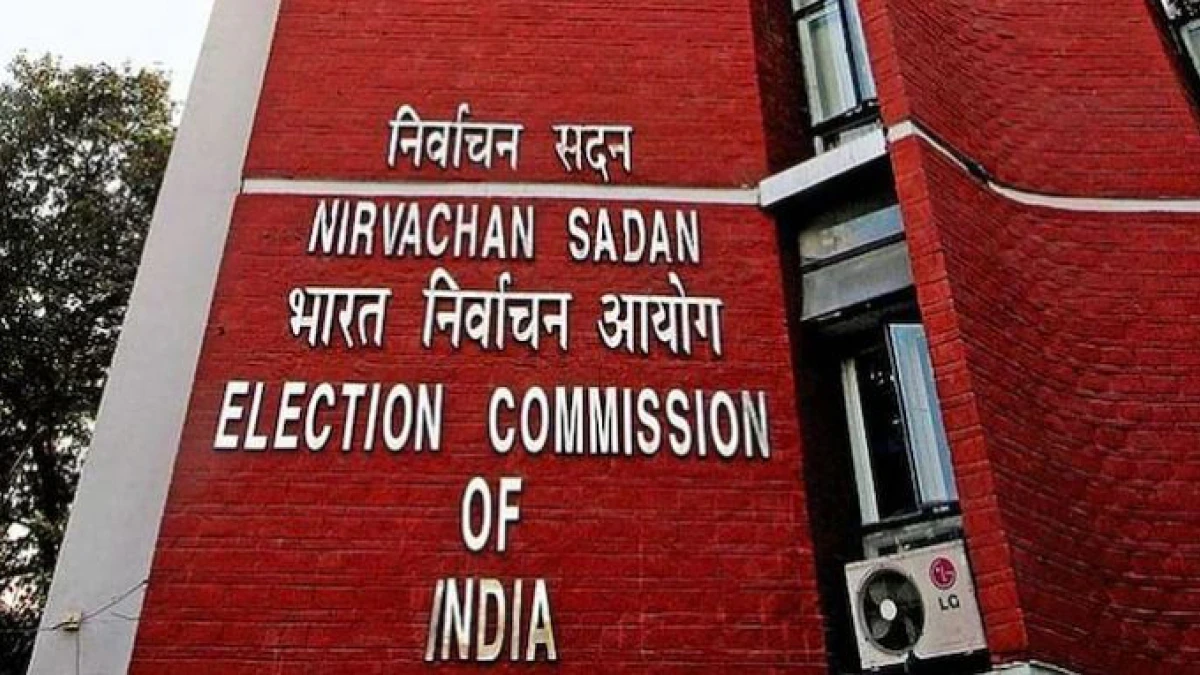HT Bureau
GUWAHATI, June 20: The Election Commission has proposed to retain the number of assembly seats in Assam at 126 and the Lok Sabha constituencies at 14 as it released the draft delimitation papers for the northeastern state.
According to an official statement, the EC has proposed that the assembly seats reserved for Scheduled Castes be increased from eight to nine and Scheduled Tribe seats from 16 to 19.
The EC draft of delimitation proposes to reserve 19 assembly and two parliamentary seats for STs, and nine assembly and one parliamentary seats for SCs.
The poll body proposed that the number of assembly seats in the autonomous districts of West Karbi Anglong be increased by one and in Bodoland autonomous council areas by three (from 16 to 19).
The EC has retained Diphu and Kokrajhar parliamentary seats reserved for ST and continued the Lakhimpur parliamentary seat as unreserved.
According to the proposals, there will be one unreserved assembly seat in Dhemaji district. Two parliamentary seats have been proposed for the Barak Valley districts. A parliamentary seat has been named as Kaziranga.
The Election Commission has sought suggestions and objections till July 11 and it will visit the state next month.
The Commission visited Assam from March 26-March 28 this year and held interactions with political parties, public representatives, civil society members, social organisations, members of public and officers in the state including chief electoral officer, deputy commissioners of all districts and district election officers regarding delimitation exercise in the state.
In total, representations from 11 political parties and 71 other organisations were received and considered.
The proposed draft includes 126 seats for the Legislative Assembly and 14 seats for the Lok Sabha, with 19 Assembly seats and 2 Parliamentary seats reserved for Scheduled Tribes (STs) and 9 Assembly seats and 1 Parliamentary seat reserved for Scheduled Castes (SCs).
The chief election commissioner, Rajiv Kumar, along with election commissioners Anup Chandra Pandey and Arun Goel, will visit Assam again in July 2023 for a public hearing on the draft proposal. The Commission has invited suggestions and objections from the public, which can be submitted until July 11, 2023.
This delimitation exercise in Assam marks the first such process since 1976, and it is aimed at ensuring fair and representative elections in the state, an official statement said.
Taking all these factors into account, the EC has categorised all 31 districts in three broad categories A, B and C giving a margin of (+/-) 10 per cent of average population per assembly constituency, while proposing allocation of the constituencies to the districts.
The average population density of the state is 338 persons per sq.km. A population density range of 304 (subtracting 10 per cent from the average population density) to 372 (adding 10 per cent to the average population density) has been established and on this basis, the above said three categories have been made.
‘A’ category districts are those having population density less than 304 persons per sq. km., while ‘B’ category are those with population density having between 304 to 372 persons per sq. km. The ‘C’ category districts are those having population density more than 372 persons per sq. km.
The term of the current Assam legislative assembly will end on May 20, 2026. The state currently has 14 Lok Sabha, 126 assembly and seven Rajya Sabha seats.
On February 28, 2020, the central government cancelled its earlier notifications which deferred delimitation in Assam, Nagaland, Manipur and Arunachal Pradesh due to security issues, saying the exercise could be carried out “now” as the previous circumstances cease to exist.
Later in March 2020, a delimitation commission was formed under former Supreme Court judge Ranjana Prakash Desai to redraw Lok Sabha and assembly constituencies of the Union Territory Jammu and Kashmir and the northeastern states of Assam, Arunachal Pradesh, Manipur and Nagaland.
But when the delimitation panel was given a one-year extension on March 3, 2021, a Law Ministry notification said that now the panel would look only into the delimitation of the Union territory of Jammu and Kashmir.
“In exercise of the powers conferred by Section 3 of the Delimitation Act, 2002 … the Central Government hereby makes the following amendments in the notification . . . dated the 06th March 2020, namely:- In the said notification, (i) in the opening paragraph, (a) the words, and the States of Assam, Arunachal Pradesh, Manipur and Nagaland, shall be omitted,” the notification had read.
Sources had then attributed various reasons, including court cases, for the omission of the four northeastern states from the delimitation exercise.
Later, in its letter dated November 15, 2022, the Law Ministry requested EC to conduct the delimitation of parliamentary and assembly constituencies in Assam.
The EC said some groups were in favour and some against the exercise to be carried out on the basis of the 2001 census. (With inputs from PTI)







